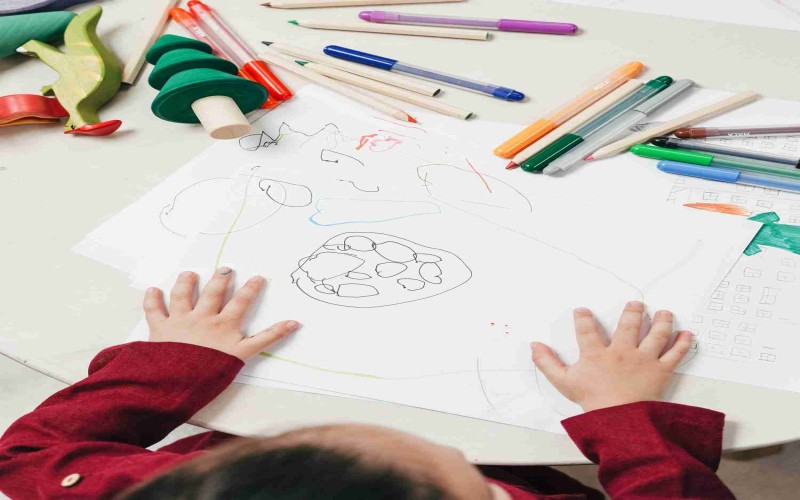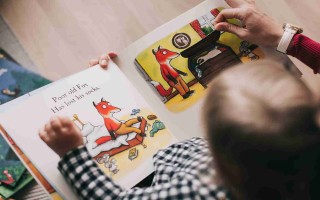Who wouldn’t want to learn how to write a paragraph in a minute or write step-by-step instructions instantly?
If writing were to become that easy for your child, how exciting it would be!
Children learn more when they are actively engaged in the learning process and have fun. Being able to write and express is a necessary skill for people of all ages. That is why it is more important than ever to encourage your children to write at a young age. Just understand what kind of writing suits your child, and you’ll likely notice an increase in their interest. Inspire them to write and see how the creativity flows.
Young minds are full of wonder and curiosity. Writing can be fun for children allowing them to express their personalities and creativity fully. Elementary students need to understand the structure of writing. Once they learn to accommodate any special tips for writing, they can make writing fun. Nonetheless, most children dread the prospect of writing, particularly when they go to higher classes. When the kids find it difficult to jot down on a piece of paper, the struggle is real.
The most effective tool you can give to make writing entertaining for your children is having fun while teaching it. If you have fun teaching them to get creative in writing ways, they will have fun too. Use unique and enjoyable writing prompts to help them develop their creative writing skills. We can make even the most difficult aspects of learning easier for them with a little imagination and effort.
The activities written in this blog are excellent for getting students interested in writing. It assists them in getting the words on the page. Both the teachers and students will benefit from this. Here are eight activities to attempt with students in grades three, four, and five. These activities are designed to pique our young writers’ interest in writing, making formal writing less intimidating. Let us find out how can you help your children enjoy writing.
The five fun ways an Elementary child can learn to write:
1. A personalized diary:
Children are more imaginative than most adults. Students can use a notebook or a diary to jot down ideas and be creative. It helps them to set specific tasks that they can accomplish. It also allows them to come up with their ideas. In the end, the kids will have a notebook full of ideas. Furthermore, most of the kids are curious to see how the idea blossoms and grows. So this kind of writing will make it much more enjoyable.
2. Reading every day:
Select a poem or a short work of literature for the students to read together. Ask your child to write words that come to his mind while reading. Reading is one of the most effective ways to motivate your students to become better writers. Request your child to write a sentence or two that is in the book. They can either write in the same structure and style or choose their own. When he becomes comfortable, push him to write longer sentences. Wonderful writers will emerge when you provide them with great material to read.
3. Get creative with them:
Getting creative with them while teaching requires a lot of effort. When you take out that much time to make them understand, it reflects in their writing. Write birthday messages, stick notes and cut out papers with your name written. You can even draw a picture, write a poem or a book, or teach them fun words. It would help to build up a thriller story to excite your students and observe how their creativity develops.
4. Do it as a group:
Do you take other students and form a group to enhance the writing experience. If you haven’t already, you should. Working together stimulates individual creativity. Very often, what we create with others is often far greater than what we could do alone. There are numerous ways to collaborate on writing with others. You could ask students to exchange their notebooks after they have written something. So that the ones who got the notebook can complete it, allow one student to begin a story, another one to add a line or two.
5. Appreciate them:
Praise your children for their writing and give positive, genuine feedback. The more positive feedback you give them, the more confident they will become. In turn, they will turn out to enjoy more and get out of writing. Whether your child enjoys writing or struggles with it, your encouragement and support can go a long way. However, bear in mind that any seemingly boring writing can be converted into fun writing. All you need is a little bit of creativity and imagination, and your children will thank you for it!




















